In the fifteen months since the dramatic upheaval of August 2024, Bangladesh has been gripped by political uncertainty, economic anxiety and deep questions about the future of its democracy. The national election is delayed. The interim government headed by Nobel laureate Muhammad Yunus as the chief adviser has breached the legally bound timeline of six months to held a fresh parliamentary election, which is likely to be held early next year.
At the centre of the turmoil that Bangladesh is still grappling to come to terms with stands Sheikh Hasina — four-time prime minister, long-time face of the Awami League, and now a leader in exile —who insists she never resigned, never ceded power, and was effectively forced out by what she calls an “unelected seizure of power”.
Living in exile at an undisclosed location in Delhi, Hasina speaks with a mixture of defiance and reflection about the events that toppled her government, the violence that followed, and the interim administration headed by Yunus. She rejects the dominant narrative of a popular uprising, accuses her opponents of enabling extremist forces, and warns of a systematic assault on Bangladesh’s minorities — particularly Hindus — since her departure.
In this wide-ranging interview with Firstpost, Hasina responds to allegations of excessive force during the 2024 protests, whether she intends to return to contest the next election, and why she believes India — Bangladesh’s “most important relationship” — must refuse to legitimise any polls that exclude the Awami League. She also explains why she views the new “ July Charter” as an attempt to rewrite the nation’s founding history and undermine the principles her father, Sheikh Mujibur Rahman, laid down at independence.
Quick Reads
View AllAt a moment when Bangladesh stands at a geopolitical crossroads, navigating bilateral tensions with India and a resurgent Chinese presence, Hasina offers her sharpest critique yet of the interim government — and a warning about what she believes is at stake for the region.
Excerpts from the email interview with Sheikh Hasina:
Q You say that you never resigned - and that no letter was ever submitted to the President during the unrest of August 2024. So, did someone force you to leave office?
Hasina: I did not write, sign or submit a letter of resignation to the President. What occurred in August was not a constitutional transfer of power but rather an unelected seizure of power. By early August, the security environment had drastically deteriorated to the point that credible threats were being made against my life. I was advised by those around me to leave for my safety and that of those protecting me.
Leaving was a choice between submitting to the demands of extremist forces or removing myself from immediate jeopardy and protecting my people from further bloodshed. I chose to leave temporarily to prevent further escalation and loss of life. My departure was a matter of survival, not abdication.
Q Would you call August 2024 a coup, or a popular uprising you misread?
Hasina: What began as student protests with genuine economic and social grievances was hijacked by extremist factions and those seeking to dismantle Bangladesh’s democratic foundations. The explosion of violence, the decision to ban the country’s most popular political party, and the immediate concentration of power within a small cadre around Yunus show this was never about democratic reform. This was far more a coup than a popular uprising. If it were genuinely a popular movement, why has Yunus refused to test his mandate through free and fair elections?
Q Rights group and the UN claim over 1,400 people died during the protests. Did you ever authorise live ammunition to disperse demonstrators?
Hasina: The claim that I directed security forces to open fire on crowds is completely false. At no time did I issue such an order. Security personnel on the ground were responding to rapidly changing and violent circumstances. It is clear that there was needless bloodshed and that efforts to control order failed, and I certainly regret that. But we acted in good faith, and it is neither fair nor accurate to frame this as a premeditated assault on citizens.
The figure of 1,400 deaths is based on undocumented estimates. It conflicts with smaller numbers released by the Ministry of Health.
Any life lost is one too many, and this was a national tragedy. But it is a great shame that the interim government still has not released a documented list of the dead. Doing so might give Bangladeshis the clarity they need. But it appears the interim government is happy instead to let this back-of-the-envelope calculation of 1,400 circulate – presumably because it believes this will damage the Awami League’s popularity.
Q You have claimed the interim government is “intent on clinging to power at all costs”. Do you believe Yunus intends to stay beyond the February 2026 polls?
Hasina: Action, or rather inaction, speaks louder than words when it comes to Dr Yunus. No Bangladeshi has ever had the chance to cast a vote for him. Fifteen months after coming to power, supposedly on a tide of popular feeling, Yunus still has not given Bangladesh’s people a say in who rules them.
On the contrary, he has repeatedly delayed elections, banned the Awami League from contesting them, and created a charter designed to perpetuate control by an unelected elite.
I can’t tell whether Yunus plans to stay on personally. He’s not in control of his brief and clearly doesn’t enjoy the chaos. He may aspire to return to his previous life of comfort in California. However, the extremists who prop him up certainly have no intention of relinquishing control.
Q You have said you “ardently wish” to contest the next polls. Will you return to Bangladesh to lead that campaign yourself?
Hasina: This is not about me but about ensuring Bangladesh holds genuinely free, fair and inclusive elections. For that to happen, the Awami League must be allowed to participate.
If the Awami League is reinstated, if political prisoners are released, if minority rights are protected, and if a fair process can be guaranteed, then I would consider returning in support of our democratic movement. But my physical presence is less important than ensuring millions of Bangladeshis have the right to vote for the party of their choice.
Q You have warned that “extremists have found encouragement” under Yunus. Do you believe they are targeting the Hindus in Bangladesh?
Hasina: The systematic attacks on Hindu communities and other minorities since August 2024 are not random acts of violence. They are part of a deliberate campaign by extremist elements who have been emboldened and abetted by the current administration.
Under my government, we made strenuous efforts to protect all citizens regardless of their faith. Bangladesh was founded on secular, democratic principles that respected diversity. Now, religious minorities are living in fear, their temples are being attacked, their businesses destroyed, and their families threatened.
The interim government’s failure to protect minorities isn’t just negligence – it’s complicity. When you align yourself with extremist forces to gain power, you cannot then act surprised when those forces pursue their agenda of intolerance and violence. The international community must not remain silent while Bangladesh’s Hindu population and other minorities face this persecution.
Q You have said Bangladesh’s “most important relationship will always be with India”. Do you believe India should formally recognise the result of the next election & the new government in Dhaka if the Awami League remains banned?
Hasina: India, as Bangladesh’s oldest friend and the largest democracy in our region, understands that elections without the participation of all major political parties cannot be considered legitimate. An election that excludes tens of millions of voters who support the Awami League would be a farce. India wants a reliable partner in Dhaka not a government holding power without popular consent.
Q Under Yunus, Bangladesh is expanding its ties with China. Will this development impact your country’s ties with India?
Hasina: Bangladesh’s foreign policy has always been friendship to all, malice to none. During my tenure, we maintained strong relationships with both India and China. What concerns me about Yunus’s approach is not engagement with China itself, but the context in which it’s happening, which seemingly includes a dangerous alienation from India.
India and Bangladesh share a 4,000-kilometre border, deep cultural ties, and critical security interests. No amount of engagement with China can replace this fundamental relationship. The current administration’s foreign policy appears driven more by desperation for international recognition than by Bangladesh’s genuine national interests.
Q You have said the new “July Charter” distorts history and undermines your father’s legacy. What, in your view, is being erased - Sheikh Mujibur’s role or your own lineage’s hold on power?
Hasina: This isn’t about my family’s political position – it’s about the erasure of the founding principles upon which Bangladesh was built. The July Charter attempts to rewrite history by diminishing the Liberation War, our struggle for independence, and the secular, democratic vision my father articulated for our nation. The Awami League represents a political tradition and a democratic, secular mindset that existed for decades even before my father led our independence struggle. Yunus, or the radicals who prop him up, want to erase that way of thinking.


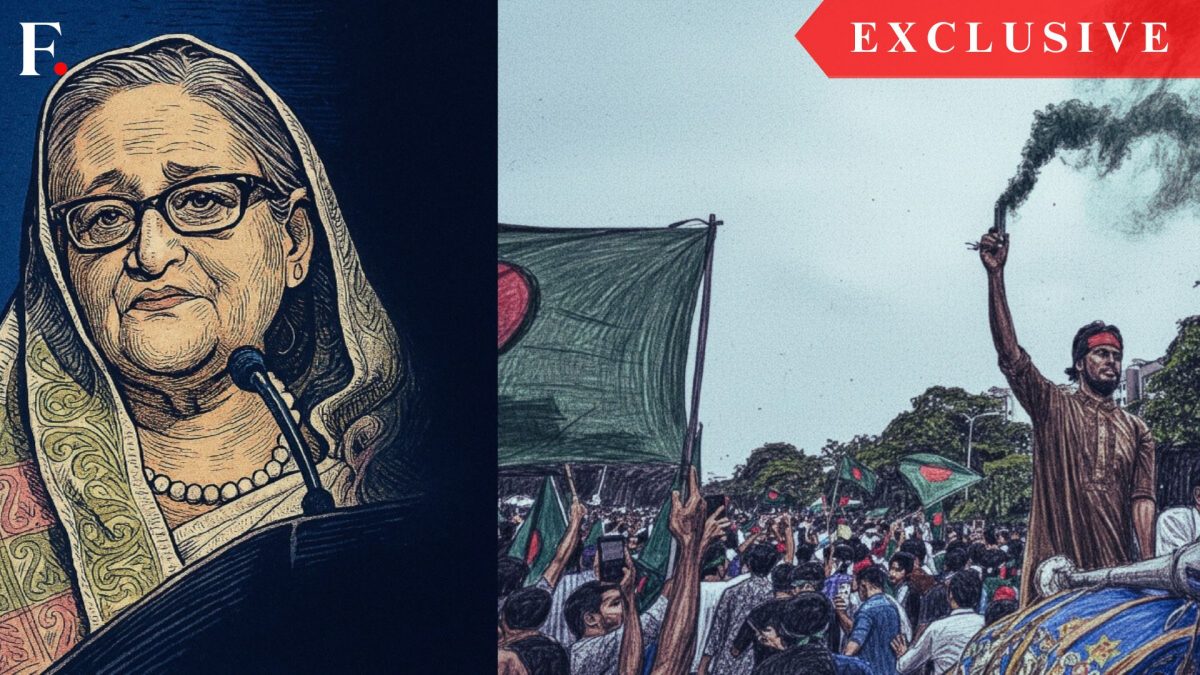)
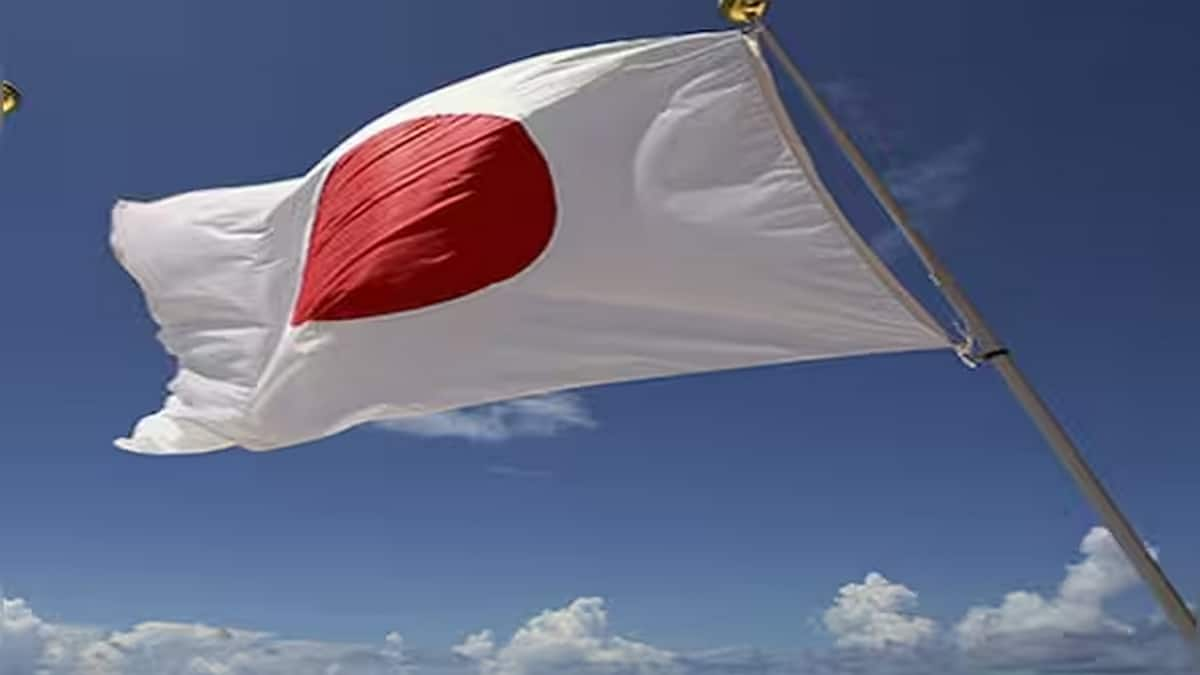
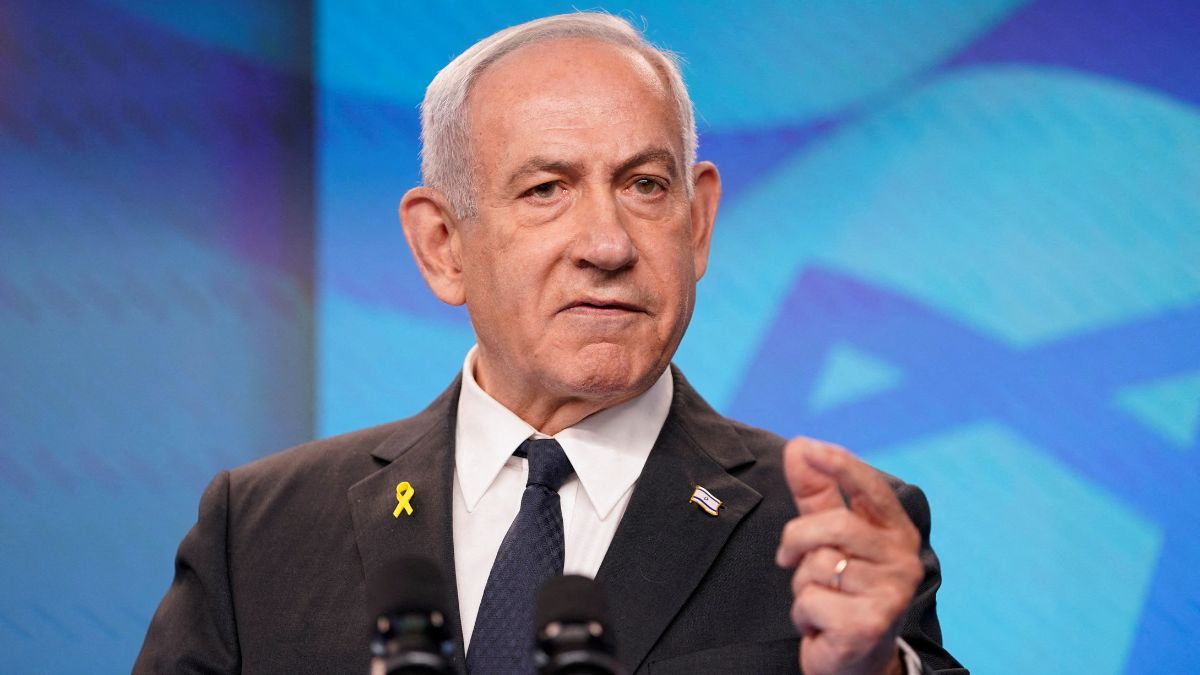)
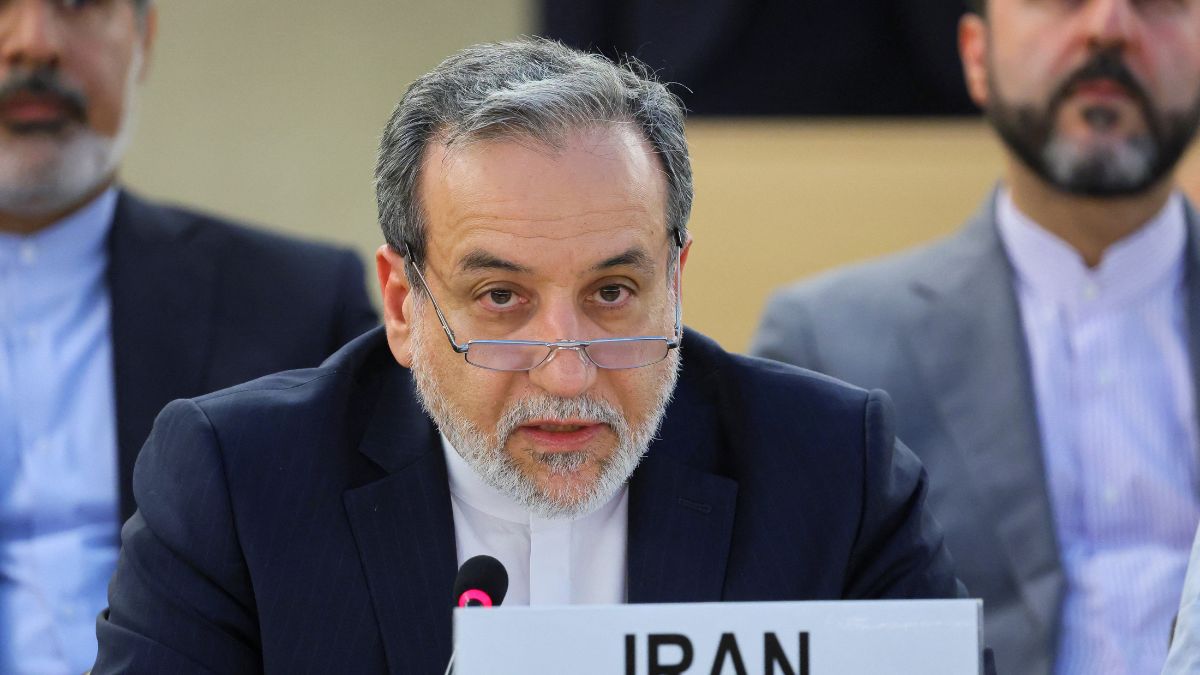)
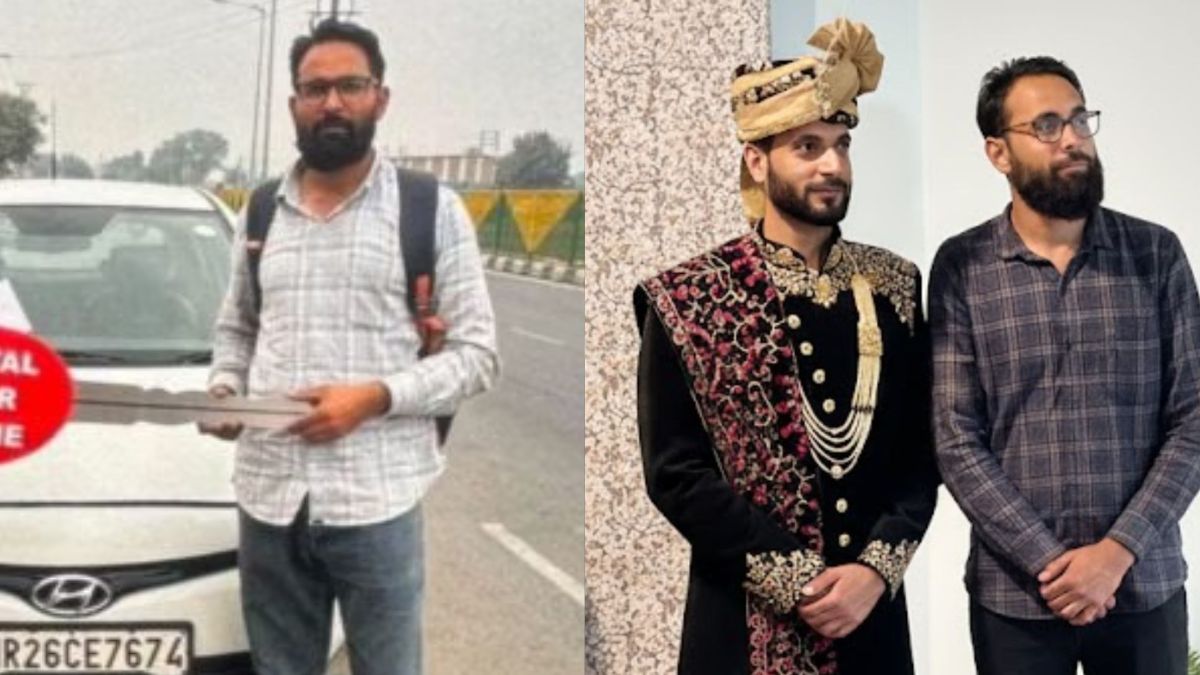)
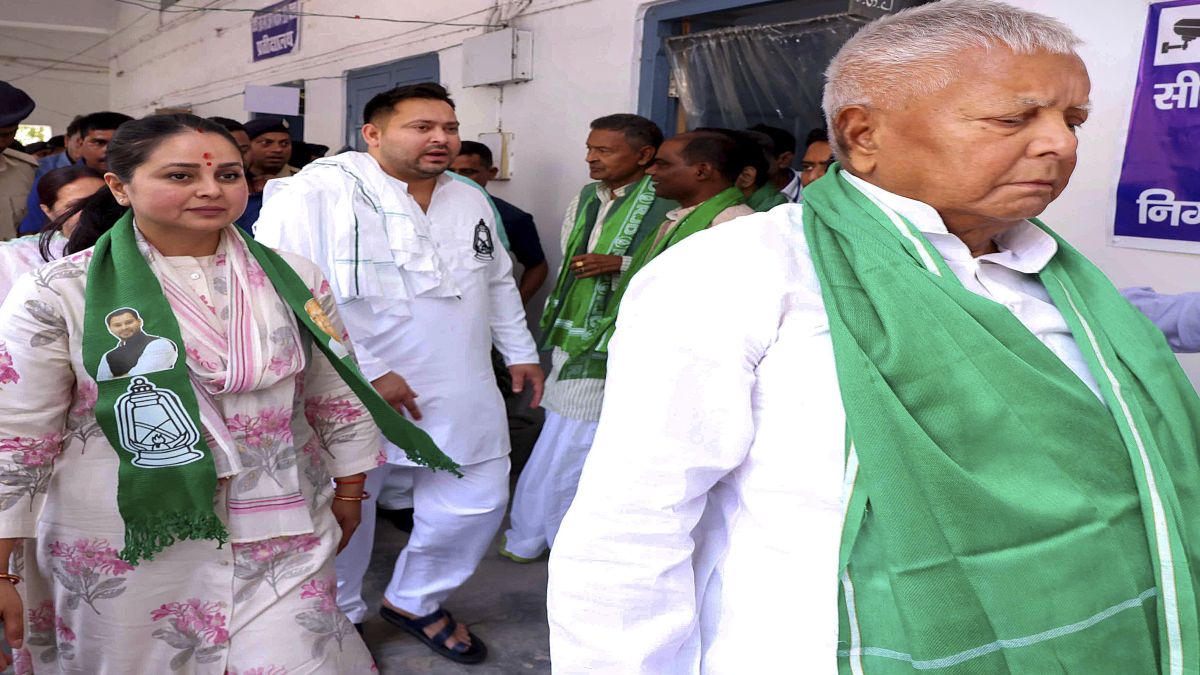)
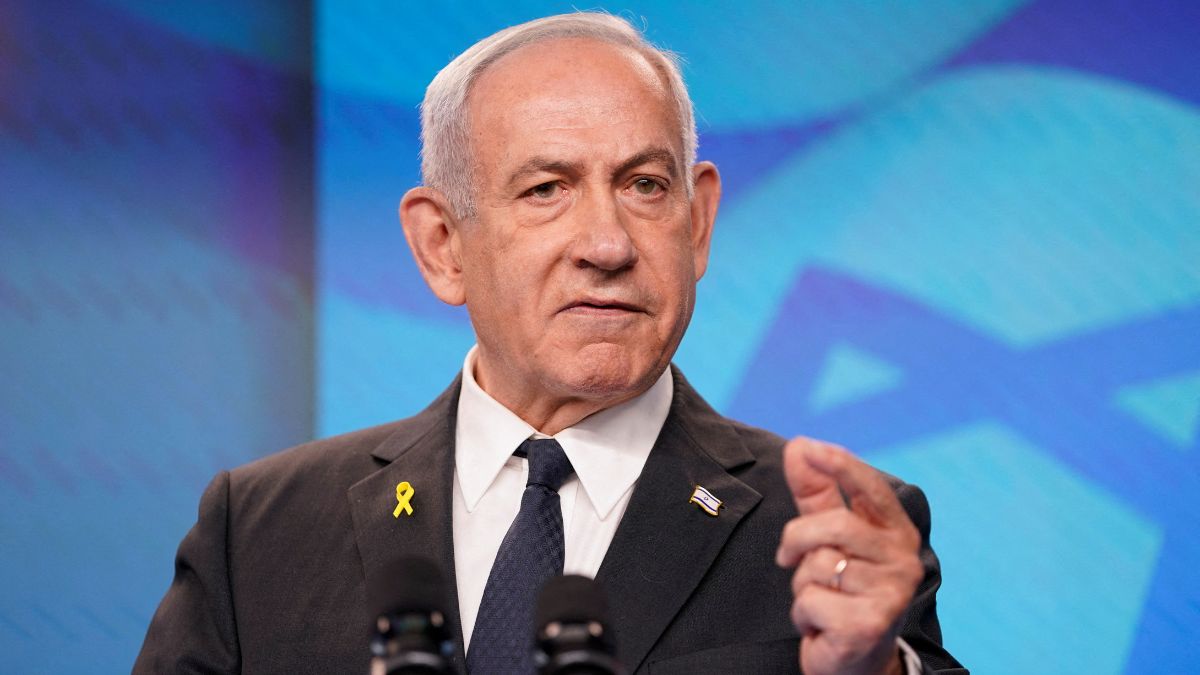)
)
)
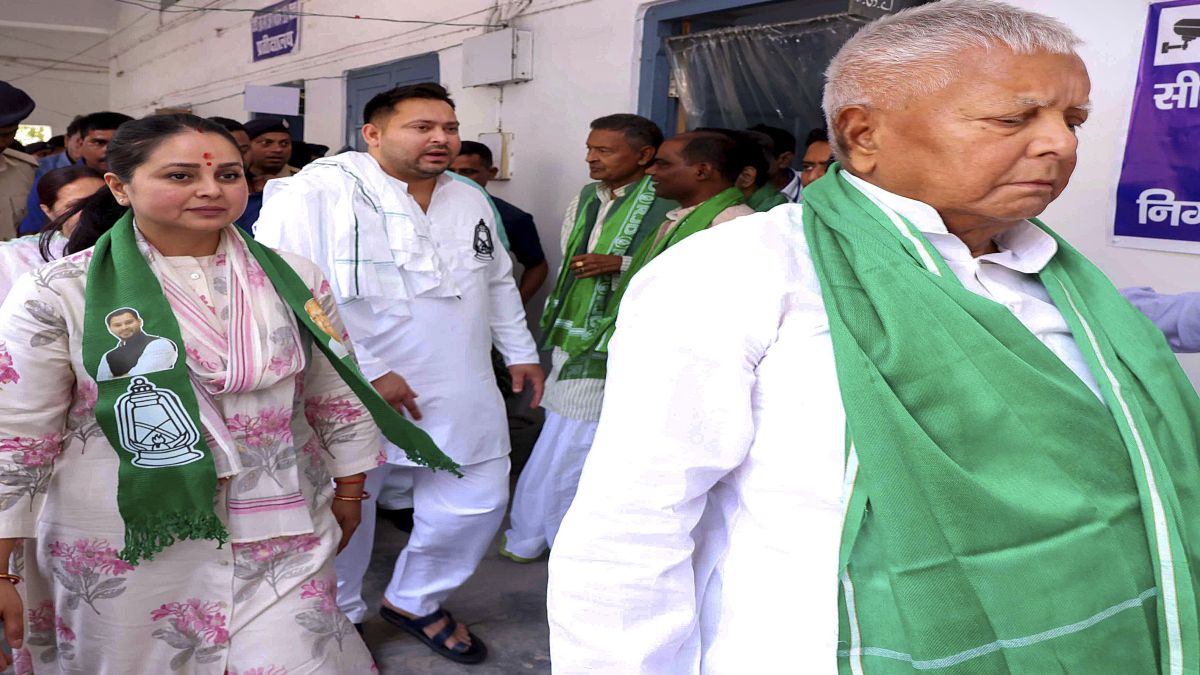)



